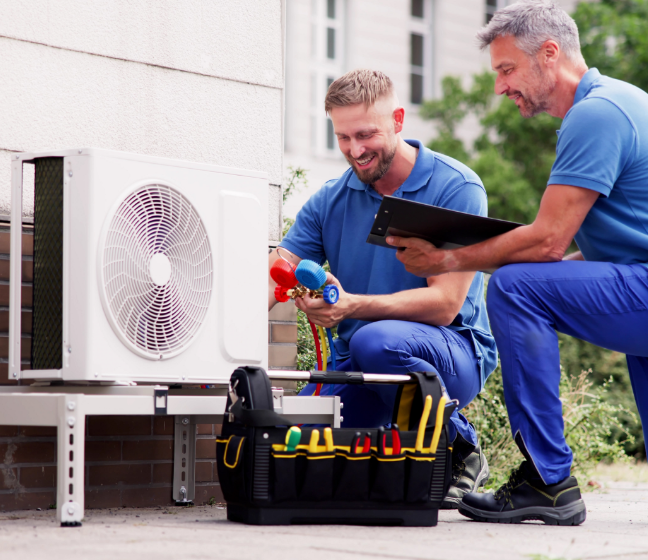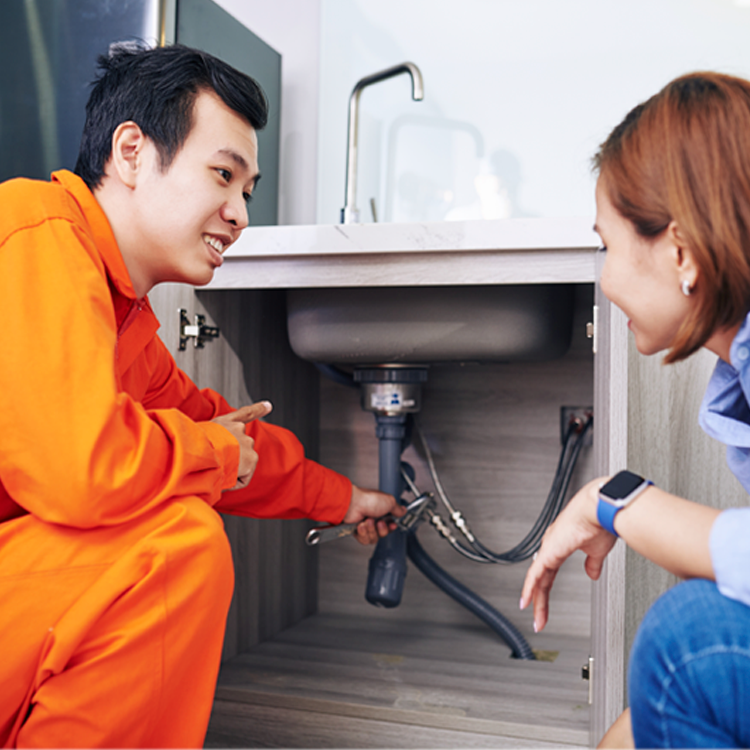Understanding Emergency AC Repair: Essential Insights for Homeowners

Introduction
As summer temperatures rise, the functionality of your air conditioning system becomes crucial for maintaining a comfortable living environment. However, when your AC unit suddenly malfunctions, it can turn your home into an uncomfortable space. Understanding emergency AC repair is vital for homeowners to ensure they can quickly address any issues and restore comfort. This article delves into the common signs that indicate the need for emergency AC repair, the steps to take when you experience a malfunction, and tips for maintaining your AC system to prevent future breakdowns.
Signs Your AC System Needs Emergency Repair
-
Strange Noises: If your air conditioner is making unusual sounds, such as banging, hissing, or rattling, it could indicate a serious issue. These noises may result from loose components, a failing motor, or even refrigerant leaks. Ignoring these sounds can lead to further damage and costly repairs.
-
Warm Air Blowing: One of the most alarming signs is when your AC unit starts blowing warm air instead of the cool air you expect. This can happen for various reasons, including refrigerant leaks, a malfunctioning compressor, or blocked air ducts. Regardless of the cause, it’s essential to address this issue immediately to prevent further complications.
-
Frequent Cycling: If your AC system frequently cycles on and off, it may indicate a problem with the thermostat, a refrigerant issue, or a malfunctioning component. This erratic behavior not only affects your comfort but can also lead to increased energy bills and premature wear on your unit.
-
High Humidity Levels: A well-functioning AC unit helps regulate humidity levels in your home. If you notice excessive moisture or humidity, it could signify a failing AC system. This issue can lead to mold growth and negatively impact your indoor air quality.
-
Unpleasant Odors: Unusual smells coming from your AC system should not be ignored. Musty or moldy odors can indicate mold growth within the unit or ducts, while burning smells may suggest electrical problems. Both situations require immediate attention from a professional.
Steps to Take When You Need Emergency AC Repair
-
Turn Off the AC Unit: If you notice any alarming signs, the first step is to turn off your air conditioning system. Continuing to operate a malfunctioning unit can lead to further damage and more expensive repairs.
-
Check the Thermostat: Sometimes, the issue can be as simple as a malfunctioning thermostat. Check the settings to ensure it’s functioning correctly. If the thermostat appears fine, it’s time to contact a professional for assistance.
-
Inspect the Circuit Breaker: A tripped circuit breaker can cause your AC unit to stop working. Check your electrical panel to see if the breaker has flipped. If it has, reset it and observe whether the AC starts working again. If the breaker continues to trip, it’s essential to seek professional help.
-
Contact a Professional HVAC Technician: When faced with an AC emergency, it’s crucial to reach out to a qualified HVAC technician. They have the expertise to diagnose the issue accurately and provide the necessary repairs. Ensure you choose a reputable company with experience in emergency AC repair.
The Importance of Regular Maintenance
Preventing an AC emergency is often possible through regular maintenance. Here are some essential maintenance tips:
-
Schedule Routine Inspections: Having your AC unit inspected at least once a year can help identify potential issues before they escalate. During these inspections, a technician can clean the unit, check refrigerant levels, and ensure all components are functioning correctly.
-
Replace Filters Regularly: Clogged or dirty filters can hinder airflow and cause your AC system to work harder than necessary. This strain can lead to breakdowns. Check and replace your filters every one to three months, depending on usage.
-
Clean the Condenser Coils: Dust and debris can accumulate on the condenser coils, reducing efficiency and causing overheating. Regularly cleaning these coils will help your system run smoothly and extend its lifespan.
-
Ensure Proper Insulation: Good insulation in your home helps maintain the desired temperature and reduces the workload on your AC system. Ensure that your attic, walls, and ductwork are properly insulated.
-
Monitor Refrigerant Levels: Low refrigerant levels can cause your AC unit to struggle to cool your home effectively. Regularly check refrigerant levels and have them topped up by a professional as needed.
Final Thoughts
Understanding the signs of emergency AC repair and knowing what steps to take can save you time, money, and discomfort. By being proactive and maintaining your air conditioning system, you can minimize the risk of emergencies and ensure your home remains a comfortable oasis during the hottest months. Investing in regular maintenance and promptly addressing issues can enhance the longevity of your AC unit and improve your overall indoor air quality.
When faced with an AC emergency, don’t hesitate to reach out to professionals who can help restore comfort to your home. With the right knowledge and support, you can navigate any AC crisis with confidence.


